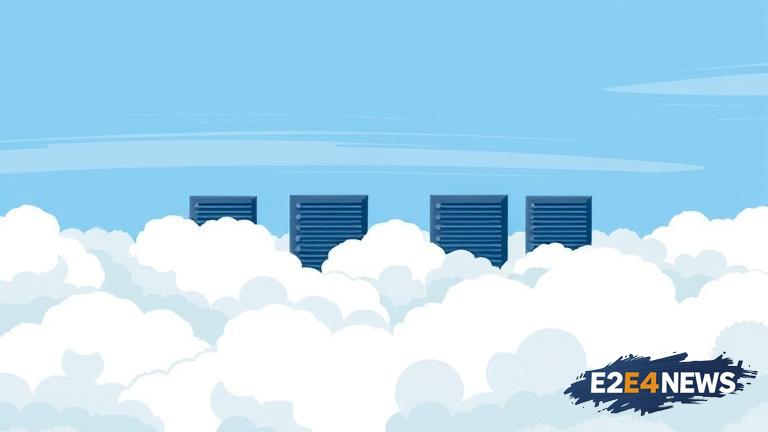In a bid to boost the state’s economy and establish itself as a hub for technology and innovation, Missouri is being courted by two major energy companies, Evergy and Ameren, to attract massive data centers. These data centers, which are essentially large warehouses filled with servers and other computer equipment, require immense amounts of energy to operate. The companies are touting the benefits of hosting these data centers, including the creation of new jobs and the potential for significant economic growth. However, some are raising concerns about the potential environmental impact of these facilities, particularly when it comes to energy consumption and water usage. Data centers are notorious for their high energy demands, which can strain local power grids and contribute to greenhouse gas emissions. Furthermore, the construction of these facilities often requires significant amounts of water, which can be a concern in areas where water resources are already scarce. Despite these concerns, the potential benefits of hosting data centers are substantial. For one, they can create a significant number of new jobs, both in the construction phase and in the long-term operation of the facilities. Additionally, data centers can attract other businesses and investments to the area, helping to stimulate local economic growth. Evergy and Ameren are proposing a number of incentives to attract data centers to Missouri, including discounted energy rates and tax breaks. The companies are also highlighting the state’s existing infrastructure, including its robust network of highways and fiber optic cables, as a major selling point. However, some are questioning whether the benefits of hosting data centers outweigh the potential costs. For example, the increased energy demand could lead to higher electricity rates for residential customers, particularly if the data centers are not designed with energy efficiency in mind. Additionally, the water usage required by these facilities could strain local water resources, particularly during times of drought. To mitigate these concerns, the companies are proposing a number of measures, including the use of renewable energy sources and water conservation techniques. For example, some data centers are using solar or wind power to offset their energy consumption, while others are implementing advanced water cooling systems to reduce their water usage. Despite these efforts, some are still raising concerns about the potential impact of data centers on the environment. For example, the production of the servers and other equipment used in these facilities can have a significant environmental footprint, particularly if the materials are not sourced sustainably. Additionally, the disposal of these materials at the end of their life can be a major concern, particularly if they are not recycled or disposed of properly. To address these concerns, the companies are proposing a number of sustainability initiatives, including the use of recycled materials and the implementation of responsible disposal practices. Overall, the proposal to attract massive data centers to Missouri is a complex issue with both potential benefits and drawbacks. While the creation of new jobs and the stimulation of local economic growth are significant advantages, the potential environmental impact of these facilities cannot be ignored. As the state considers this proposal, it will be important to carefully weigh the pros and cons and to implement measures to mitigate any negative effects. This could include the implementation of energy efficiency standards, the use of renewable energy sources, and the implementation of sustainable water management practices. By taking a thoughtful and sustainable approach to the development of data centers, Missouri can help to ensure that these facilities are a positive addition to the state’s economy and environment. The state’s energy companies, Evergy and Ameren, are working to make Missouri an attractive location for data centers, with a focus on sustainability and environmental responsibility. The proposal has sparked a lively debate about the potential benefits and drawbacks of hosting data centers, with some arguing that the economic benefits outweigh the potential environmental costs. Others, however, are raising concerns about the impact of these facilities on the state’s energy grid and water resources. As the discussion continues, it will be important to consider the potential long-term effects of hosting data centers and to implement measures to mitigate any negative impacts. The development of data centers in Missouri has the potential to be a major economic driver, but it will be crucial to ensure that this growth is sustainable and responsible. The state’s residents and businesses will be watching closely as this proposal moves forward, with a keen eye on the potential benefits and drawbacks. The future of data centers in Missouri is uncertain, but one thing is clear: the state’s energy companies are committed to making it a hub for technology and innovation. With the right approach, Missouri can attract data centers while also protecting the environment and promoting sustainable economic growth. The proposal to attract data centers to Missouri is a complex issue that requires careful consideration of the potential benefits and drawbacks. By weighing the pros and cons and implementing measures to mitigate any negative effects, the state can help to ensure that these facilities are a positive addition to the economy and environment.
